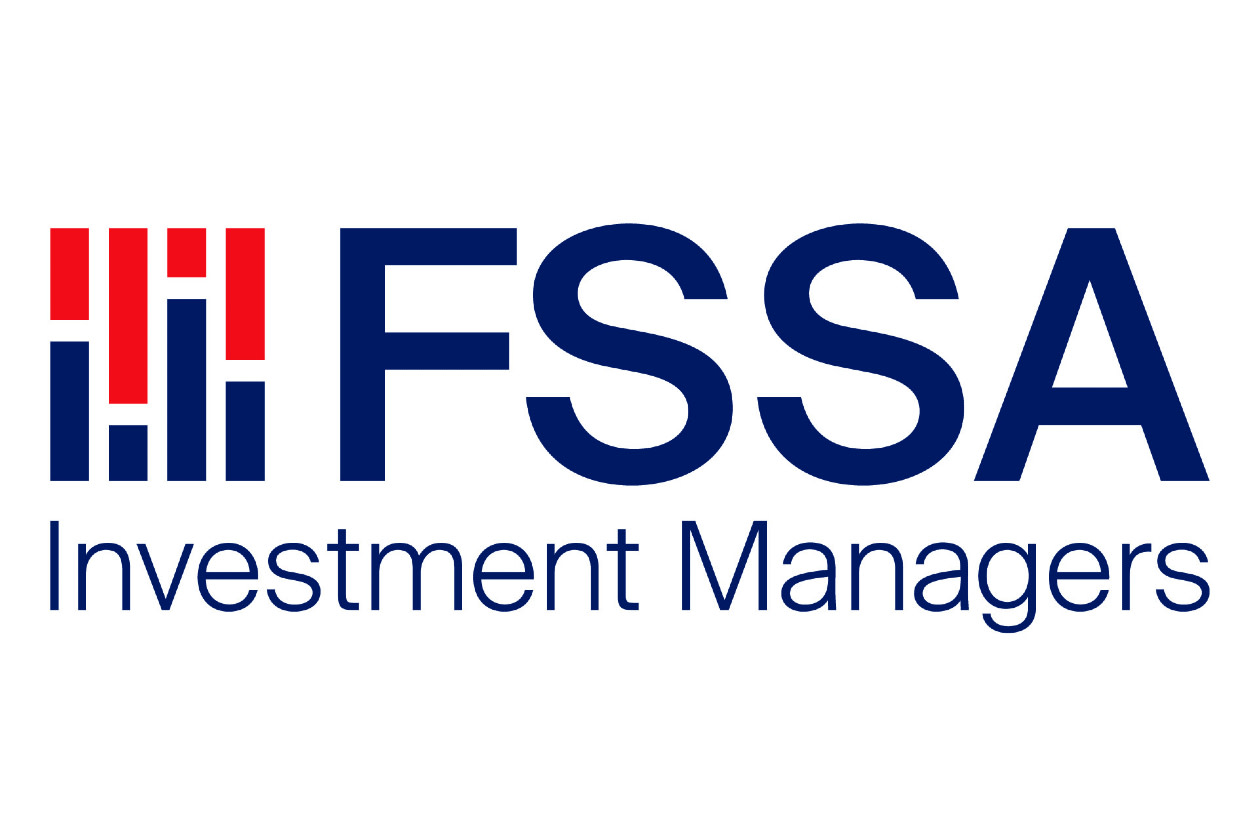FSSA has established a strong pedigree of investing across Asia
We like the culture at FSSA – the managers view themselves as stewards of investors’ capital and look after it as if it were there own
Martin Lau is a highly experienced investor who has built a strong track record
This fund features on our Wealth Shortlist of funds chosen by our analysts for their long-term performance potential
How it fits in a portfolio
The FSSA Asia Focus fund seeks to grow your investment over the long term by investing in high-quality companies across the Asia Pacific region. This includes developed economies such as Singapore and Hong Kong as well as emerging markets like India, China and Indonesia.
The team use a conservative investment approach where we typically expect the fund to provide more stable returns compared to some of their peers. This means the fund could complement more adventurous Asian funds or provide long-term exposure to the Asian market as part of a globally diversified investment portfolio.
The FSSA Asia Focus fund invests in emerging markets, which increases risk.
Manager
Martin Lau joined FSSA in 2002 and has managed this fund since it launched in 2015. He’s a highly regarded fund manager in Asia and has built up a strong track record over his near thirty-year career. During that time he’s managed multiple funds that invest across Asia, as well as funds focussed on China, an area in which he has particular specialism.
Lau is a humble fund manager and is open about all elements of fund management, including those areas where things haven’t worked as well. This is a quality we like as it shows continued development as an investor.
Rizi Mohanty joined Lau as co-manager of this fund at the start of 2024. He replaces Richard Jones who is due to retire in early 2025 following a long and successful investment career. Mohanty joined FSSA in 2016 and has over a decade of experience of investing in Asia markets.
Both Lau and Mohanty manage other funds in the FSSA range but given the overlap in both approach and investable universe, we feel they can comfortably handle these responsibilities.
The managers are supported by a diverse team, all of whom follow the same investment philosophy. They all contribute ideas and provide challenge to the fund managers before an investment is made.
Process
Asia is a hub of innovation and home to some of the most exciting companies in the world. From technology and automation to banks and consumer brands, the FSSA team believe there’s a wealth of opportunities for investors.
FSSA’s investment philosophy centres around quality. While the definition of this may be subjective, Lau and his team believe a company’s management team is one of the most important elements. They search for companies run by reputable management teams that manage risks well to help grow their businesses over the long term.
The managers also look for companies that have potential to grow their earnings over the long run. This includes those that have a strong brand that competitors can’t replicate, allowing the company to raise their prices without a loss in consumer demand.
The managers are high-conviction investors, which means the fund can be invested quite differently from the broader Asian stock market (the benchmark). Currently the fund invests more in China than any other country. This makes up 26% of the fund, though this is roughly the same as the benchmark. 24% of the fund is invested in India – more than the stock market – and 13% in Taiwan.
The managers currently find plenty of opportunities in the financials sector, which makes up 29.7% of the fund, which is more than the benchmark. Technology and consumer discretionary companies are the next largest allocations, at around 24% and 12% respectively.
When making any investment, the managers take a long-term view. Therefore, they don’t tend to make too many changes from year to year. They often sell shares in companies that have performed well and could have less room to grow in future, while buying more shares in companies that have been weaker, but still have growth potential.
Over the past year, the managers have added an investment in Shenzhou International Group, an apparel manufacturer which supplies some of the world's leading sports brands. They also invested in Realtek, a semiconductor design company in Taiwan. They sold an investment in the Chinese internet retailer JD.com following a re-evaluation of the company’s prospects.
Culture
We like the culture and philosophy that's been cultivated at FSSA, which forms part of the broader First Sentier Investments group. The team is made up of investors dedicated to looking after clients' money as if it's their own.
FSSA places emphasis on recruiting and maintaining great people. Every team member is an advocate of the overriding philosophy. At the same time, their individual personalities are allowed to shine, and they're encouraged to bring their own ideas to the table.
Lau is a Managing Partner of FSSA, so we think he's incentivised to ensure the business, including its funds and people, are successful. He looks after its team of analysts and fund managers, which means he can pass on his knowledge and experience. It also means he has additional responsibilities, but we're confident he spends most of his time focused on looking after his clients' money.
First Sentier Investments was acquired by Mitsubishi UFJ, a Japanese bank, in 2019. Takeovers can sometimes lead to disruption and corporate change, though positively FSSA remains an independent investment team.
Environmental, social and governance (ESG) integration
For the team at FSSA, ESG considerations are much more than a label or box to be ticked. Taking these factors into account is a natural extension of the same investment process they’ve used for decades. The team’s philosophy is founded on stewardship – when they make an investment, they see themselves as part-owners of the business and want to make sure it’s run in a way that’ll benefit all shareholders.
ESG issues form a core part of this. For example, they don’t like companies that make reckless decisions in the pursuit of short-term gains, rather than focusing on longer term, more sustainable growth. A business shouldn’t exploit its workforce, take advantage of tax loopholes, or skirt around industry legislation. Importantly, it should cause little, if any, harm to the environment around it. The organisation has made a firm-wide commitment not to invest in companies whose primary business is to make tobacco products or controversial weapons.
The team also engages closely with company management. It helps them make sure management remain on track with sustainability issues and means they can encourage a change in behaviour if required. If they think a business doesn’t meet their standards, or isn’t doing enough to address a problem, they won’t invest. They produce an annual Responsible Investment report, and a Stewardship report. These reports outline the firm’s voting record, provide engagement updates and case studies, and present other ESG-focused research.
Cost
This fund has an ongoing annual charge of 0.90%, but we’ve secured a discount for HL clients of 0.15%. This means you will pay a net ongoing charge of 0.75%.
The fund discount if achieved through a loyalty bonus, which could be subject to tax if held outside of an ISA or SIPP. The HL platform fee of 0.45% per year will also apply.
Performance
Martin Lau has built a strong track record investing in Asia. Since the launch of this fund in August 2015, it’s returned 136.20%*. This is ahead of the fund’s benchmark and the IA Asia Pacific ex Japan sector, which have returned 125.70% and 116.93% respectively. Past performance is not a guide to the future.
Lau and his team are conservative in the way they manage the fund and aim to limit losses in a falling market. Their patient investment approach and focus on quality companies has meant they’ve tended to hold up relatively well when markets have been volatile but can lag when they are rising strongly, though it won’t always perform this way.
The fund has performed well over the past year, growing 12.64%. This was ahead of peers in the IA Asia Pacific ex Japan sector, who averaged returns of 10.21%, as well as being marginally ahead of the benchmark.
Our analysis indicates that investments in Vietnamese company FTP Corporation and China’s Midea Group, both technology companies, were strong contributors to performance. That said, the fund’s largest investment, India’s HDFC Bank, was a notable underperformer. The managers continue to invest in the company as they believe it still has the potential to provide relatively stable returns.
Dec 19 – Dec 20 | Dec 20 – Dec 21 | Dec 21 – Dec 22 | Dec 22 – Dec 23 | Dec 23 – Dec 24 | |
|---|---|---|---|---|---|
FSSA Asia Focus | 17.68 | 4.20 | -5.46 | -6.09 | 12.64 |
MSCI AC Asia Pacific ex Japan | 18.96 | -1.75 | -6.75 | 1.61 | 12.60 |
IA Asia Pacific ex Japan | 20.08 | 1.37 | -6.96 | -0.84 | 10.21 |


